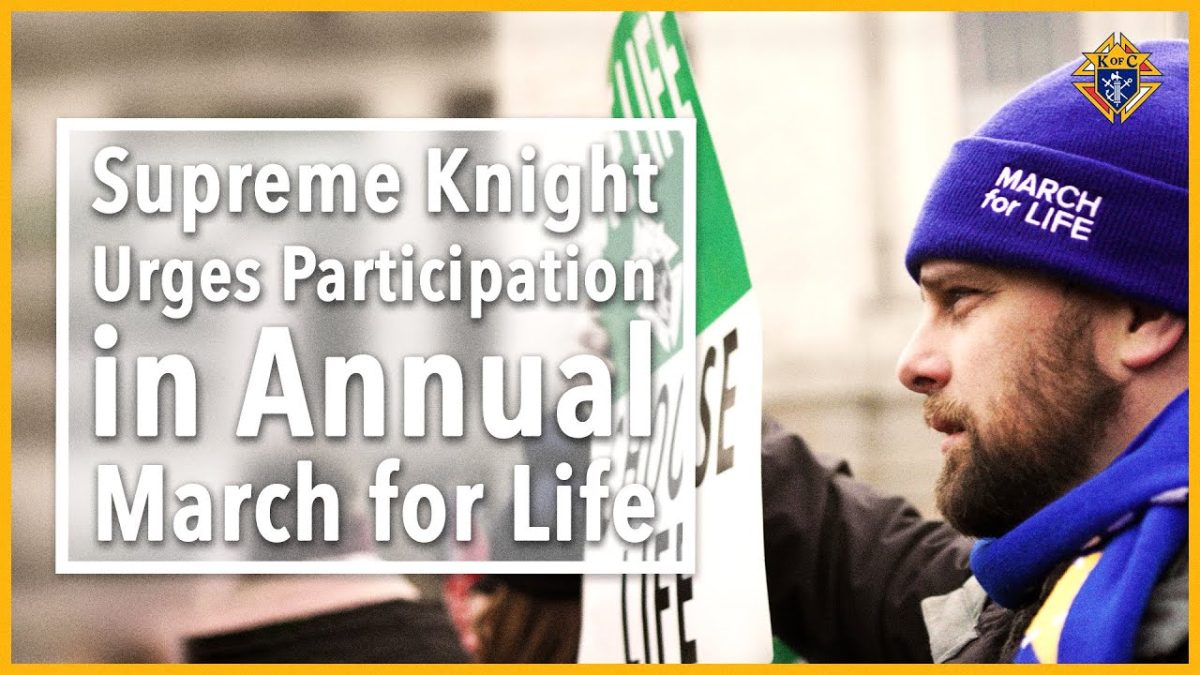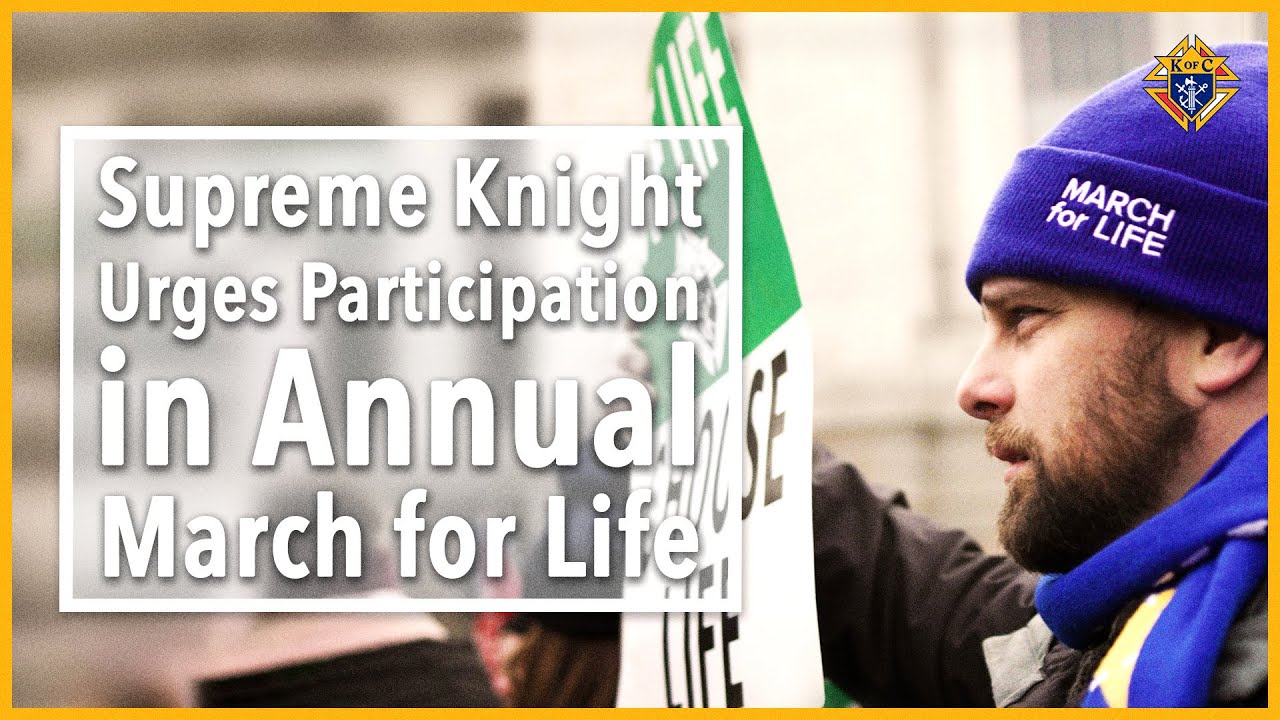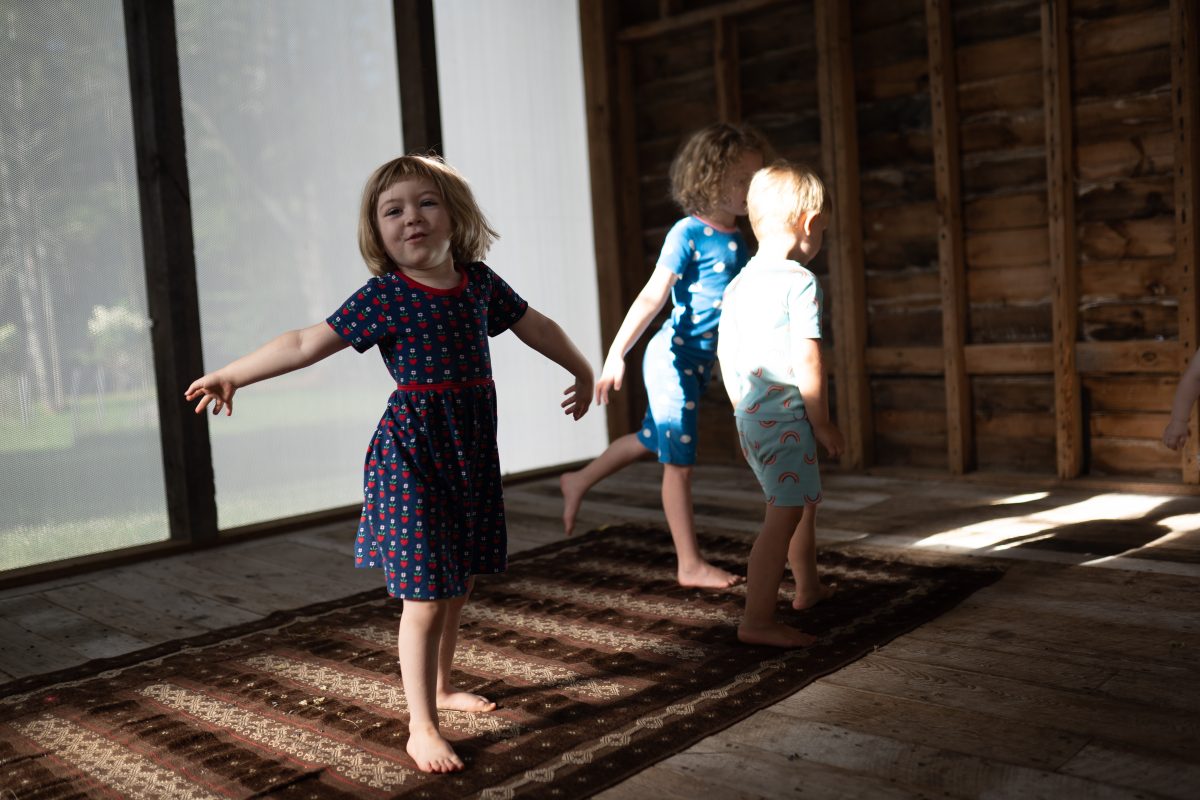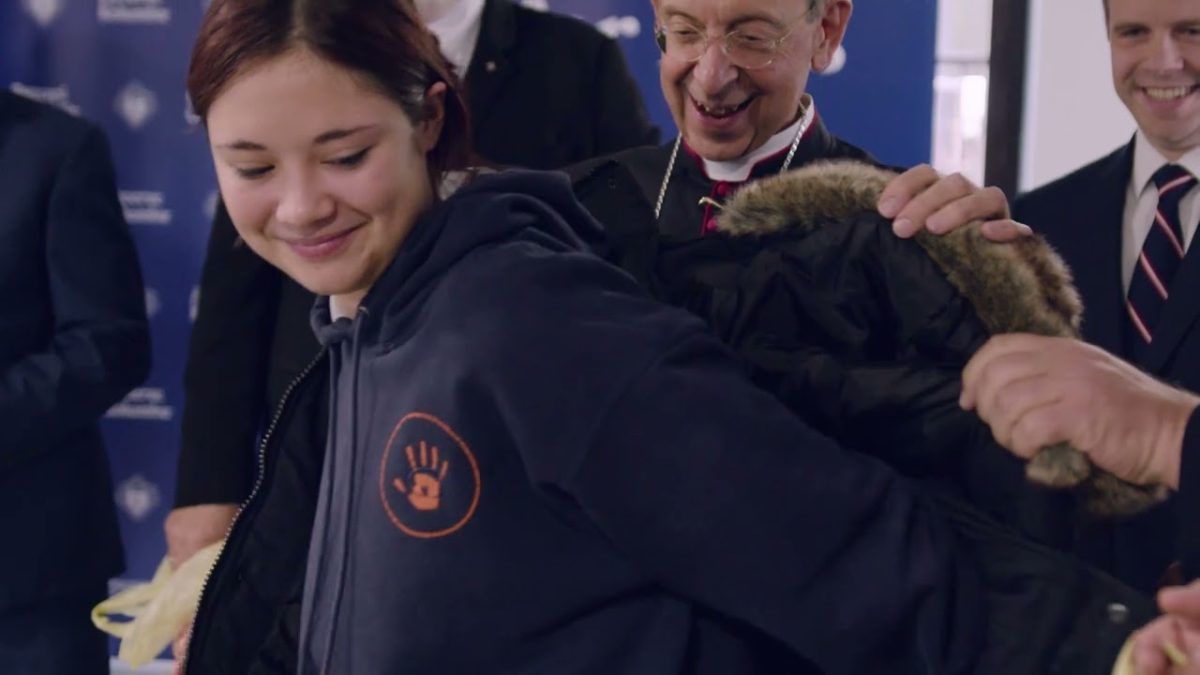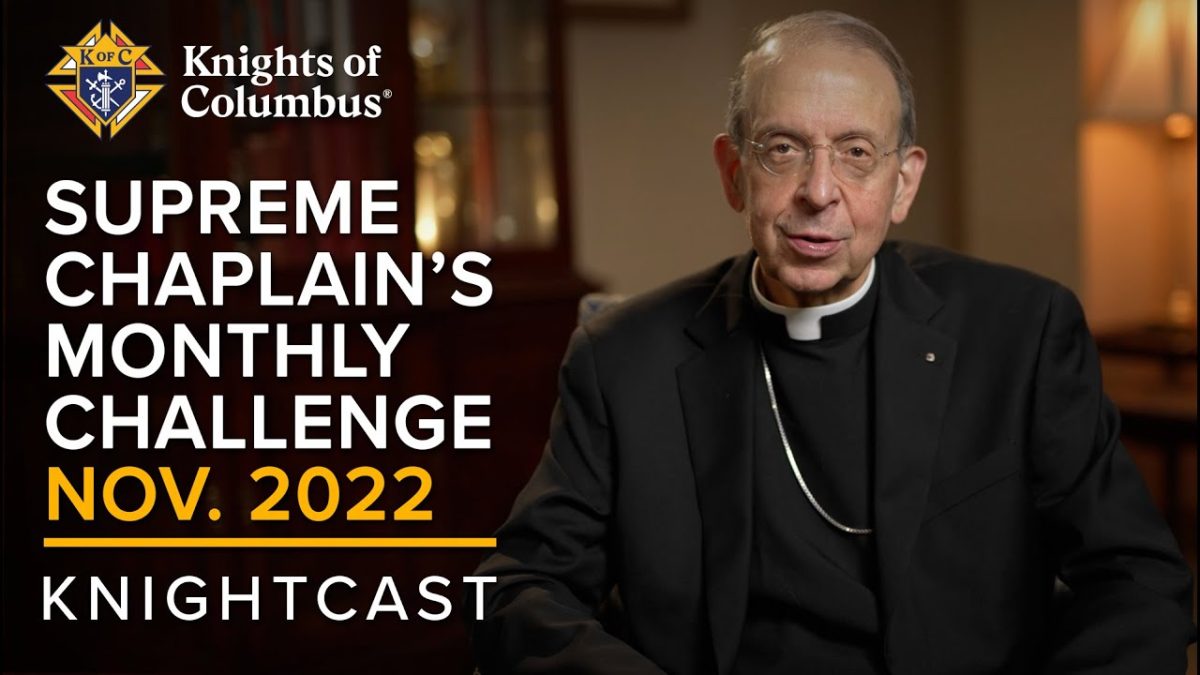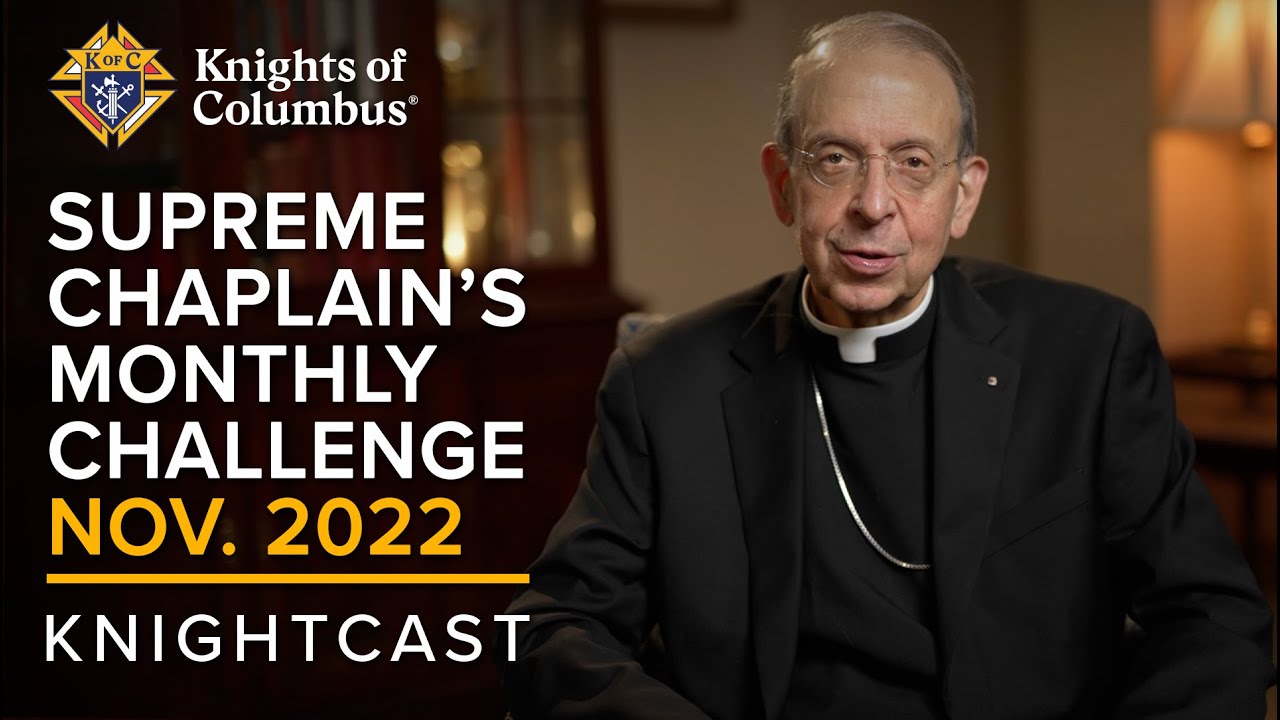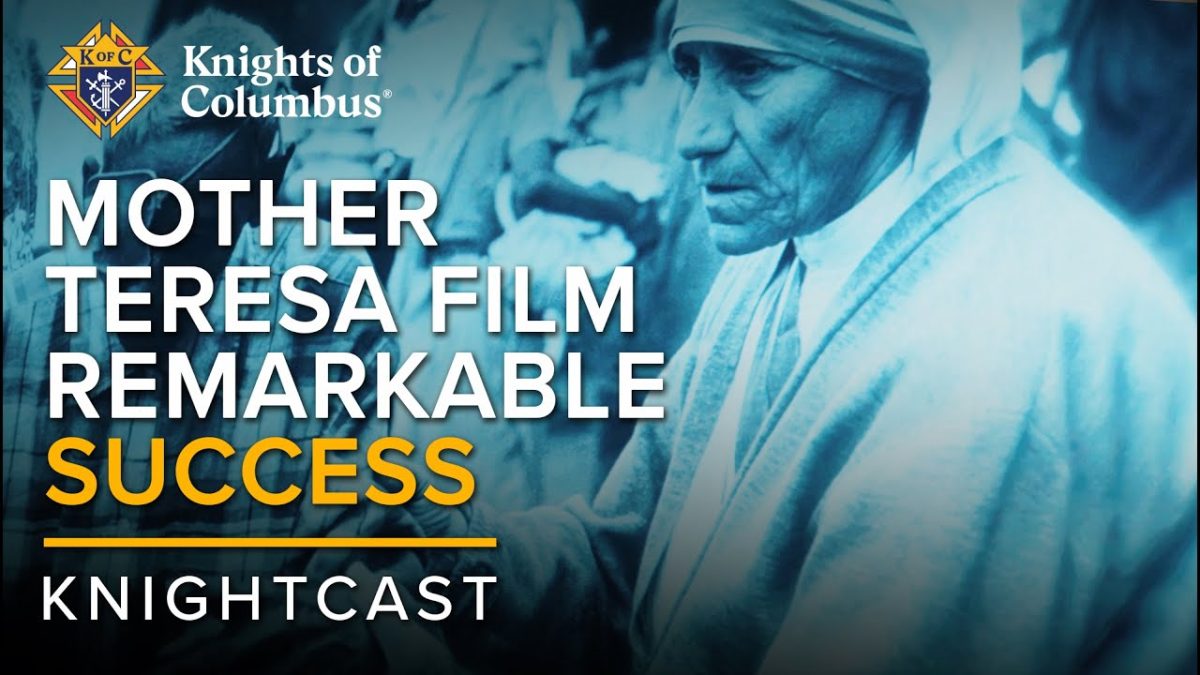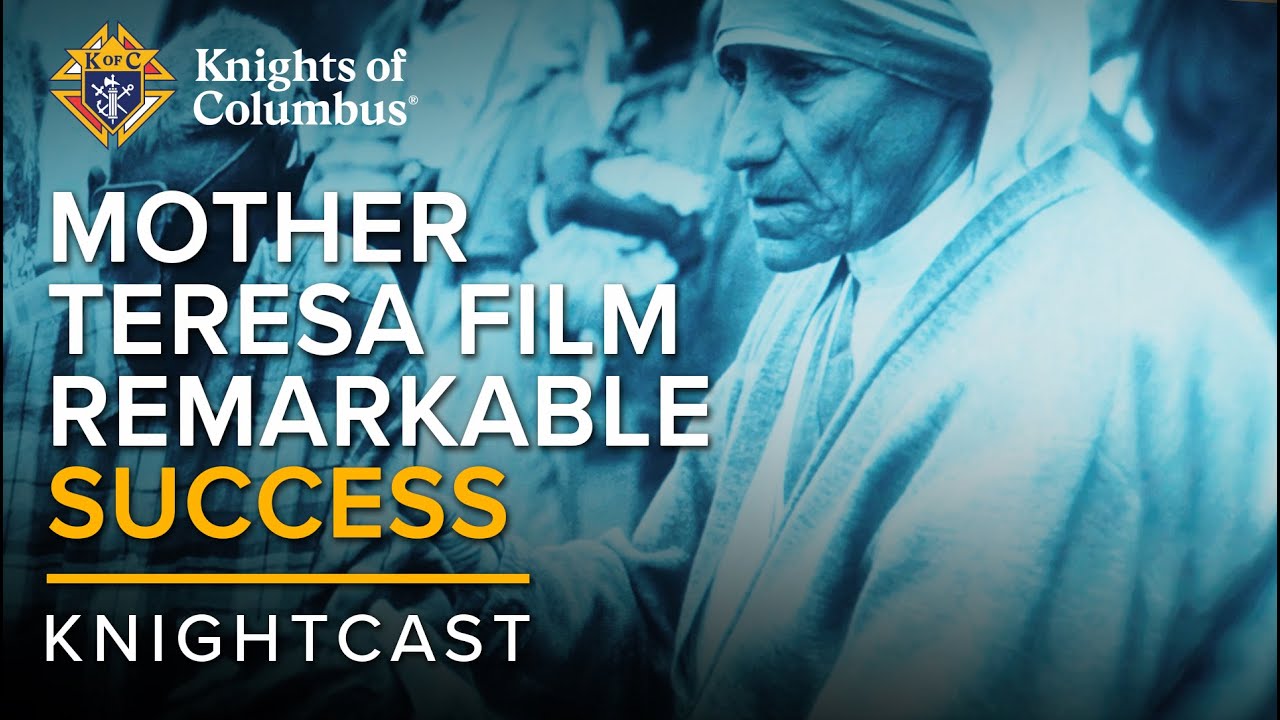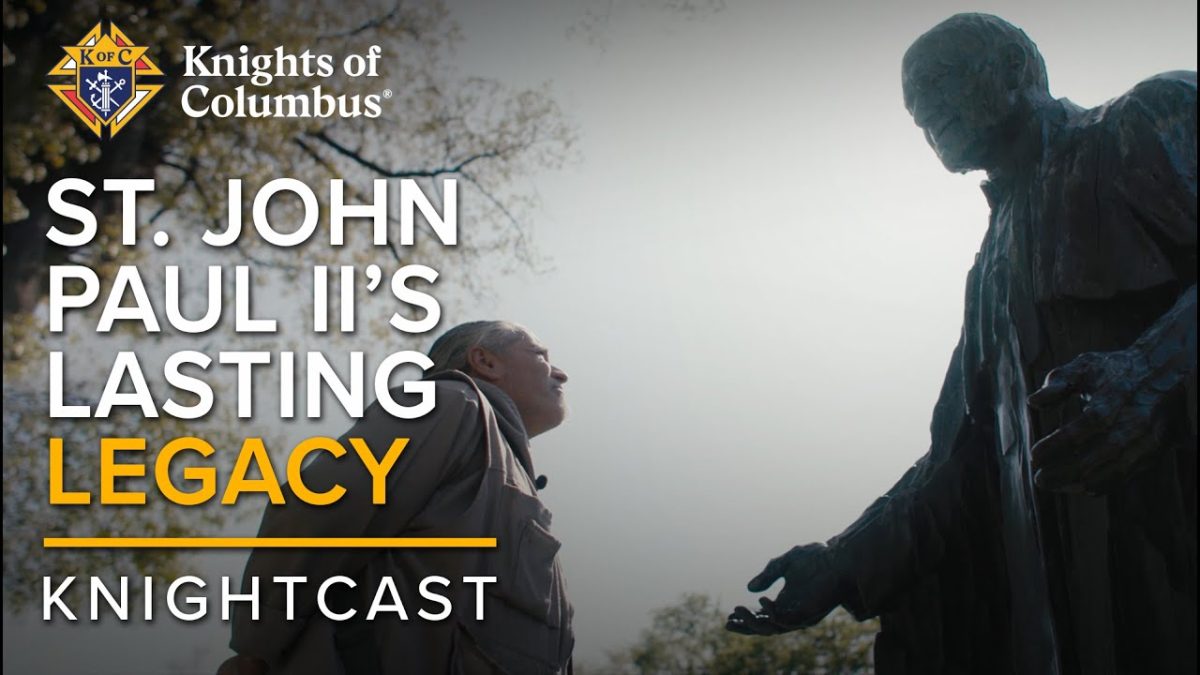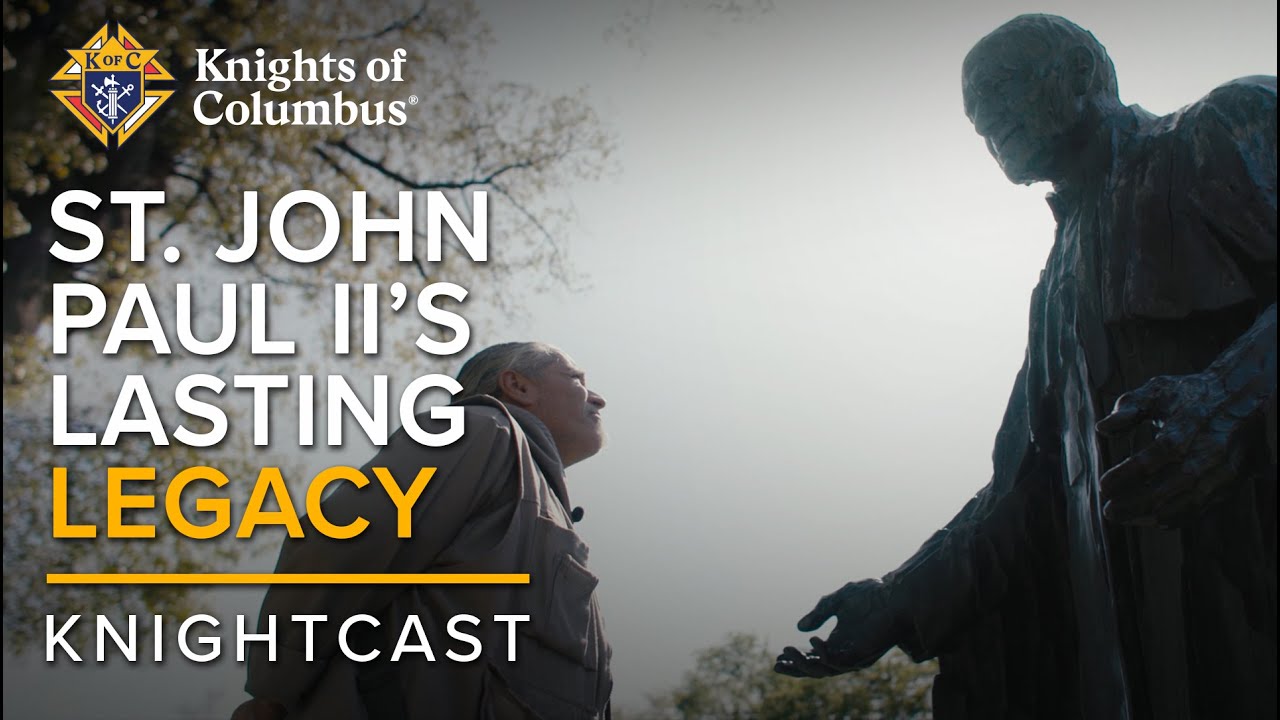“God is the God of the living” (Luke 20:38).
Thirty-Second Sunday in Ordinary Time
2 Mc 7:1-2, 9-14; Ps 172; Thes 2:16-3:5; Lk 20:27-38
When people talk theology, they are often talking about something else. In the case of Sadducees who challenge Jesus in today’s Gospel on whether there is an afterlife, they are actually defending their selfish way of life.
The Sadducees were a Jewish party made up of the wealthy, aristocratic classes who ran the Temple. They were biblical fundamentalists who rejected any ideas not contained in the Torah, the written law of Moses, including belief in resurrection (see today’s first reading from 2 Maccabees).
Because there was no afterlife, they saw their wealth as a reward in this life for their righteousness. This assumption allowed them to enjoy their wealth while ignoring the poor, who were supposedly being punished for their sinfulness.
Another possible example of the Sadducees is found in Luke’s parable of the rich man who neglected Lazarus, a poor beggar on his doorstep (Luke 16:19-31). When he dies and discovers that there is an afterlife and judgment for his selfishness, he begs Abraham to send Lazarus to warn his five brothers, an allusion to the five books of the Law, which the Sadducees used to justify their neglect of the poor.
So, when the Sadducees argue against resurrection with the ludicrous and dismissive example of a poor woman married to seven brothers to fulfill their need for an heir to extend their legacy in this world, they are really arguing to protect their social standing and wealth without accountability to social justice in the community. Jesus’ example and teaching on this issue must have challenged their theology and the selfishness it justified.
Jesus clearly held that because God’s promise of life transcends our earthly sojourn, we are all tied to one another in love and justice and must care for one another with compassion. When this world passes away, including procreation to ensure continuation of human life, what will remain is the community of justice and love made up of the children of God.
Therefore, we belong to one another and are all in this together as beings destined for eternal life. Now is the time to invest in the relationships that will extend beyond this world into the next, where we will be judged not by our status, our wealth or our theology but by our commitment to justice and love.
The joy of resurrection is the sobering surprise that confronts the Sadducees, and us, if we also fail to see our responsibility for one another in this world. Compassion here is preparation for the Beloved Community to come, where our essential unity with all our brothers and sisters will be revealed as we take our place with the risen Christ.

